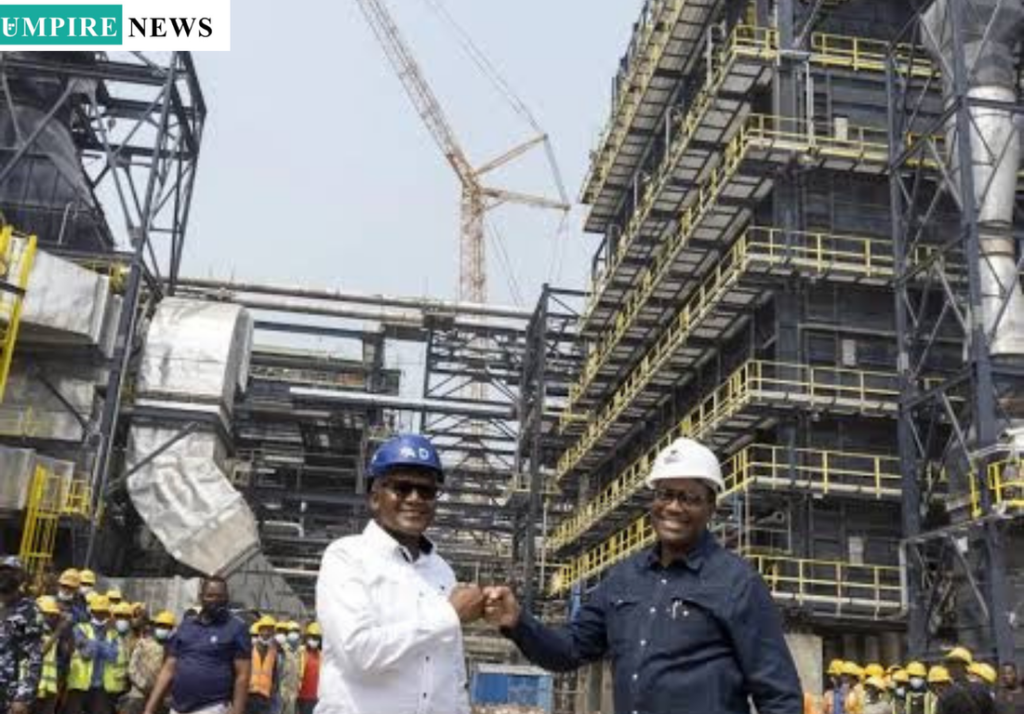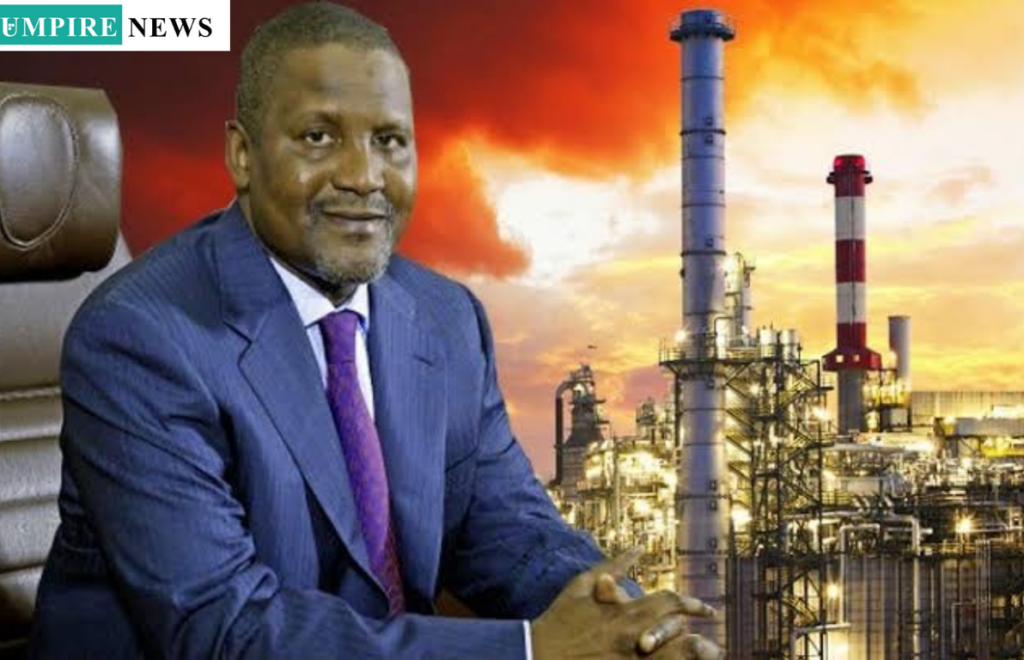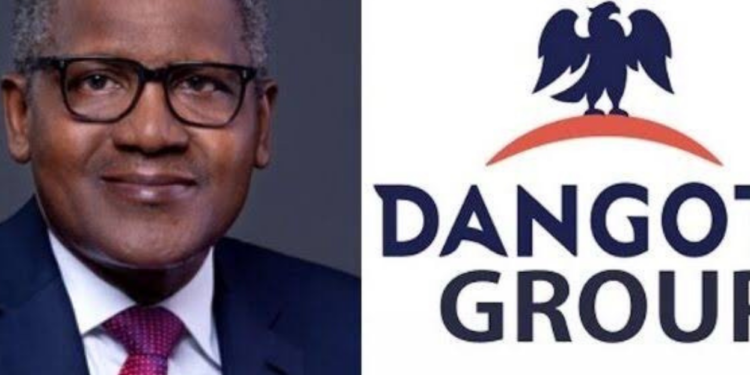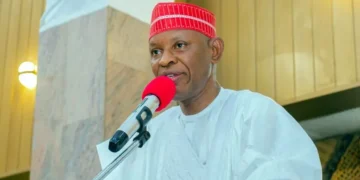The Dangote Group, renowned as one of Africa’s largest conglomerates, has made a significant announcement regarding the construction of its monumental $20 billion refinery.
The company revealed that this massive undertaking was achieved without receiving any financial incentives or subsidies from the Nigerian government.
This declaration was made during the Crude Oil Refinery-Owners Association of Nigeria (CORAN) Summit, held under the theme, “Making Nigeria a Net Exporter of Petroleum Products,” in Lagos, which is Nigeria’s bustling commercial capital.
Aliko Dangote, the president of Dangote Group, who was represented at the summit by Mansur Ahmed, the executive director of the company, emphasized this point clearly. He stated, “We built the Dangote refinery without a single incentive from the government.”
This assertion highlights the company’s commitment to independence in its operations and the belief in its private sector-driven model for success.

During his address, Ahmed elaborated on the need for incentivization within the industry, noting, “To achieve the vision of turning Nigeria into a refining hub for the region, investors need to be incentivized.”
This statement reflects the broader sentiment that while the Dangote refinery has been a remarkable success, the potential for growth in Nigeria’s refining sector could be enhanced with government support and incentives to attract more investment.
The construction of the Dangote refinery has been a focal point for both investors and policymakers, generating considerable optimism regarding its potential impact on the Nigerian economy.
Many stakeholders have argued that, given the significant economic benefits expected from this project, the Nigerian government should have considered providing incentives to support its development.
Despite these discussions, the Dangote Group stands firm in its position that the refinery’s success stems from its robust private sector approach rather than reliance on government assistance.
With a staggering capacity of 650,000 barrels per day, this refinery is billed as the largest oil refinery in Africa. The facility was officially commissioned in 2023 by former President Muhammadu Buhari, just a week before he stepped down from office, after enduring several years of delays.

However, it wasn’t until April 2024 that the refinery began supplying petroleum products to the local market, initiating its operations with diesel and jet fuel.
Ahmed further explained the operational strategies necessary for the refinery’s success, stating, “To ensure sufficient feedstock availability, we will need to stop mortgaging crude. We will also need to prioritize the implementation of the Domestic Crude Supply obligations.”
He highlighted the importance of expanding crude production capacity to meet the growing demand stemming from the newly refined capacity.
Additionally, he acknowledged that the current administration under President Bola Tinubu is taking proactive steps to facilitate this growth through initiatives such as fast-tracking the divestment of International Oil Companies (IOCs) and other strategies aimed at boosting the local oil production landscape.
Ahmed also addressed the potential shifts in the global petroleum sector, especially concerning Europe, suggesting that these changes could disrupt historical trade flows of refined petroleum products across Africa.
He stated, “Nigeria is uniquely positioned to take advantage of this opportunity and be a formidable player in the global oil industry,” highlighting the strategic advantages that the country possesses.
In a recent development, the federal government finalized an agreement with Dangote Refinery regarding the commercial terms for supplying crude oil to the refinery, as well as the distribution and off-taking of petrol and diesel produced at the facility.
Following this agreement, the government announced that the distribution of petrol from the Lagos-Lekki Free Zone-based refinery would commence with an impressive initial output of 25 million liters per day, signaling a significant step towards enhancing Nigeria’s energy landscape and self-sufficiency in petroleum products.































